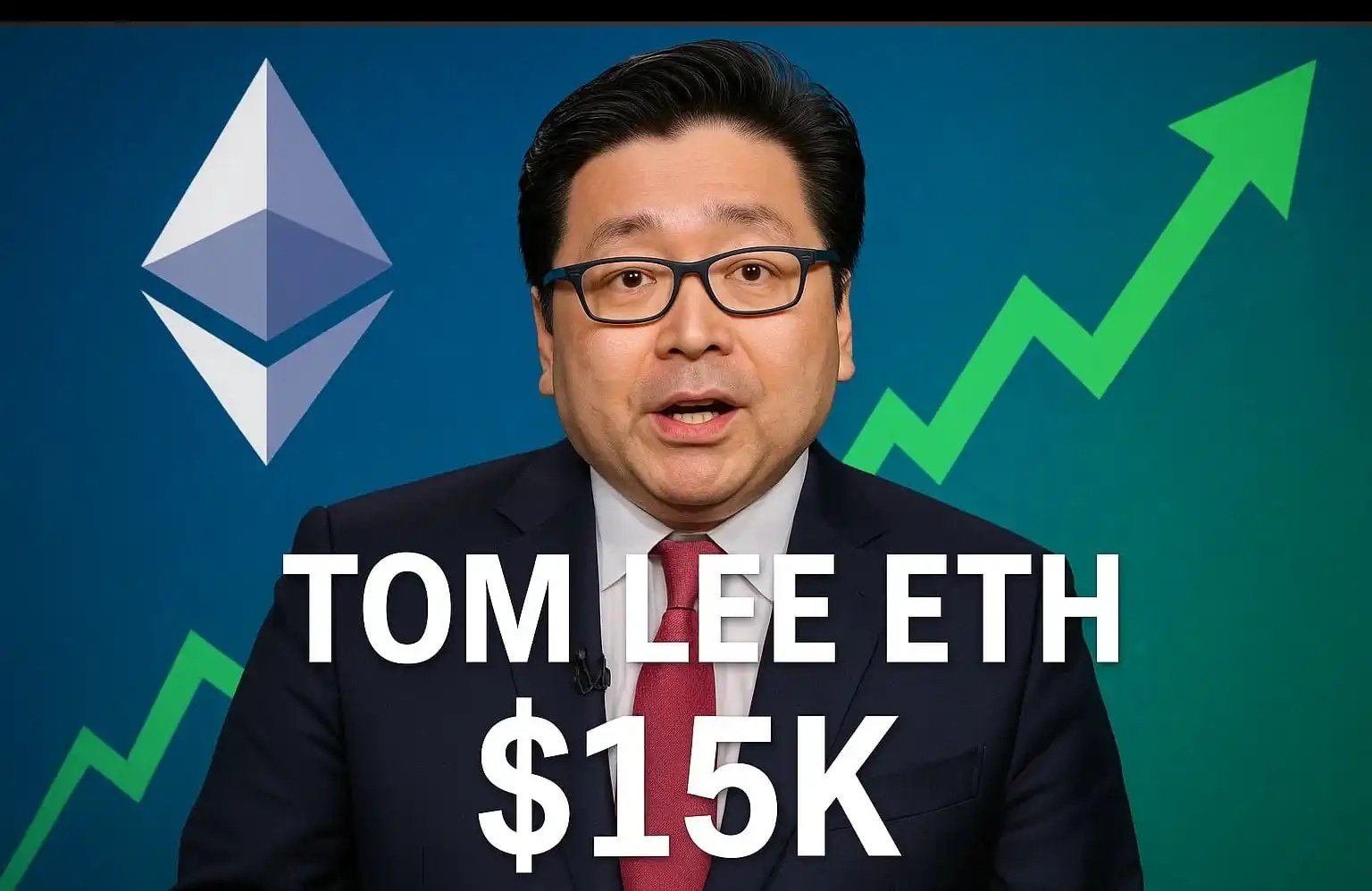Uniswap Proposal DUNA: Can the "Fee Switch" Unlock a Billion-Dollar Annualized Yield?
Original Title: "Is the 8% Rebound Just the Appetizer? Uniswap's Major Upgrade Could Make UNI Turn the Tables"
Original Source: BitpushNews
Ethereum's largest decentralized exchange Uniswap is planning to put a legal “armor” on its governance organization. On August 11, the Uniswap Foundation (UF) submitted a proposal to the community suggesting to register the Uniswap DAO as a Decentralized Unincorporated Nonprofit Association (DUNA) in Wyoming and establish a new entity named DUNI.

If the proposal is approved, the Uniswap DAO would become the largest decentralized organization to adopt this framework to date. This is not only an important step towards DAO compliance but may also provide a legal basis for the long-debated "fee switch."
DUNA: The "Legal Identity Card" and Shield of a DAO
1. Global Context of Legalization
The governance principles of decentralized autonomous organizations emphasize on-chain governance and permissionless participation, but this model often lacks a legal entity identity within existing legal frameworks. Without legal identity, a DAO cannot sign contracts, hire lawyers or accountants, open bank accounts, and cannot independently handle lawsuits in legal disputes.
In 2021, Wyoming was the first to introduce the DAO LLC Act, providing a limited liability company form for on-chain organizations. In March 2024, the state further introduced the DUNA Act, allowing non-profit DAOs to obtain legal recognition with a lighter-weight structure. This legislation is seen as a milestone in global DAO compliance.
For the average investor, DUNA can be understood as the DAO's legal identity card + shield:
· Legal Identity Card: After registration, the DAO can, like a company, sign contracts with law firms, audit firms, and file tax returns with tax authorities.
· Shield: Members will no longer bear personal responsibility for the DAO's legal and tax issues. Similar to purchasing "governance insurance," in the event of a legal dispute or tax liability, the risk is borne by the entity rather than individual wallets.
· Operational Upgrade: Under the DUNA framework, the DAO can hire service providers, retain professional advisors, and more efficiently manage funds and compliance affairs.
· Simple Explanation: DUNA is the bridge for a DAO to move from the "Grey Area" to "Legal Compliance," preserving decentralization principles while providing real-world business assurance.
Proposal Details: Funding Allocation and Execution Mechanism

According to the proposal, the establishment of DUNI will be accompanied by a series of fund arrangements and management structures:
· $16.5 million equivalent in UNI: To be used to pay historical tax liabilities (estimated to be less than $10 million) and establish a legal defense budget.
· $75,000 equivalent in UNI: To be paid to the Wyoming company Cowrie, responsible for tax filings and financial statement preparation. Cowrie's co-founder David Kerr was involved in drafting the DUNA proposal.
· Uniswap Foundation Role: To act as DUNI's ministerial agent, responsible for document submission, contract signing, and service provider hiring.
· Cowrie Role: To serve as the administrator of DUNI, providing ongoing tax and financial compliance services.
It is worth noting that organizations under the DUNA framework are not allowed to distribute dividends to members unless it is for reasonable service fees or cost reimbursement. This means that even if the fee switch is implemented in the future, funds flowing into the DAO treasury cannot be directly distributed to token holders but must be used through governance decisions for public spending, development, or incentives.
Fee Switch: Potential Revenue Engine
The fee switch is a reserved feature in the Uniswap protocol that can divert a portion of liquidity providers' (LP) fee income to the DAO treasury. For example, in the existing 0.3% transaction fee, perhaps 0.05% could go into a fund controlled by the DAO.

According to DefiLlama data, in the past month, Uniswap users have paid over $1.23 billion in swap fees. Even if only 1/6 of this amount is diverted to the DAO, it would mean an additional revenue of approximately $20.5 million per month, with an annualized amount exceeding $240 million. This would significantly enhance UNI's governance and fund allocation capabilities.
Over the past few years, multiple fee switch proposals have been postponed due to compliance risks. The uncertainty of U.S. securities laws makes direct distribution of protocol revenue to token holders pose potential legal risks. The DUNA framework is seen as a crucial step in addressing this legal obstacle.
Governance and Power Dynamics: The Collision of DAO Ideals and Reality
Despite being decentralized in principle, the governance of Uniswap is far more complex than it appears on the surface.
1. Centralization of Power Controversy
U.S. Congressman Sean Casten pointed out in Congress that the Uniswap Foundation is able to unilaterally influence governance direction, which may weaken its decentralized nature. Although the UF denies having excessive power, in practice, major proposals are often initiated and driven by the foundation, with a relatively limited pass rate for community proposals.
2. Venture Capital Influence
In 2023, the UF retracted a fee switch proposal due to a stakeholder raising new concerns. Paradigm partner Dan Robinson accused this of being a concession to large venture capital firms, with speculation rife that the party in question is a16z. It is worth noting that a16z publicly praised DUNA as a "DAO oasis," leading some community members to worry that legalization may be accompanied by a strengthening of capital power.
3. Balancing Decentralization and Efficiency
In on-chain governance, balancing decentralization and decision-making efficiency is often challenging. Some projects (such as the LayerZero Foundation, Yuga Labs) choose to re-centralize some power to improve execution efficiency. Uniswap's DUNA proposal this time is also, to some extent, seeking this balance.
On the day of the proposal announcement, UNI surged nearly 8% in the short term before pulling back, indicating that the market has positive expectations for compliance and revenue reform. However, historical data shows that UNI is still at a low point:
· All-Time High (ATH): May 2, 2021, $44.97
· Current ATH Decline: Approximately -75.76%
On-chain data shows that Uniswap maintains its leading position as a decentralized exchange platform on multiple networks such as Ethereum, Polygon, Arbitrum, Optimism, with monthly trading volumes stable in the range of $300 billion to $500 billion. However, the protocol's income capture rate is low, posing a long-term valuation bottleneck for UNI.
Outlook: Compliance or Power Restructuring?
If the initial vote on August 18 is passed, the Uniswap DAO will become one of the first large decentralized organizations to adopt the DUNA framework. This could not only be a milestone for industry compliance, but also potentially change the value capture logic of UNI.
However, opportunities and risks coexist:
· Positive side: Compliance reduces legal risks, the fee switch implementation is expected to bring stable fund inflows, and enhance the value support of the UNI token.
· Potential challenges: Centralization of power and influence from capital providers may exacerbate governance disputes within the community.
For investors, the DUNI proposal is not only an adjustment to the governance structure, but also an industry experiment on "how DAOs mature." The outcome will not only affect the future of Uniswap but may also provide a sample of compliance and decentralization balance for the entire DeFi industry.
Welcome to join the official BlockBeats community:
Telegram Subscription Group: https://t.me/theblockbeats
Telegram Discussion Group: https://t.me/BlockBeats_App
Official Twitter Account: https://twitter.com/BlockBeatsAsia
 Forum
Forum

 Finance
Finance
 Specials
Specials
 On-chain Eco
On-chain Eco
 Entry
Entry
 Podcasts
Podcasts
 Activities
Activities
 OPRR
OPRR









